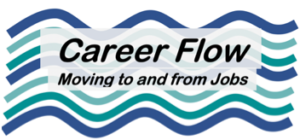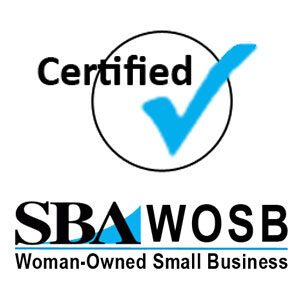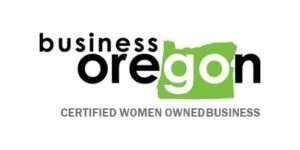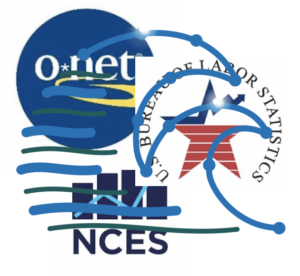 Understand the public data and
Understand the public data and
InfoSurf’s solution here.
We can find out how other people have moved to and from occupations.
//Understand the data//
Again, the O*Net system beautifully displays this information, if you know how to look it up. The common career changes are divided into two categories: Starters and Changers. Each of these sets is downloadable from the O*Net data center in the “Related Occupations” section.
InfoSurf accelerates building your list of possible job changes you could make with the free eBook Career Flow.
//Looking Up An Occupation’s Career Changers//
Every profile in the O*Net profiling system has a category “Related Occupations” link which lists 5-10 of the most common changes for people with that profiled career. For example, the Geoscientists profile lists 5, then expands to 10 of the most common careers people have changed to after being a Geoscientist in the Related Occupations list.
//Looking Up An Occupation’s Career Starters//
In this case, we need to move to another web site.
MyNextMove.org is focused on career *exploration*. It includes the deep profiling dives that are on the main O*Net system, but also shows us the majority of the information about how people are changing jobs. You need to have a title or the name of the occupation class to look something up.
Examples: Look at what MyNextMove shows for:
- Actor
- Wow! Lots of very different jobs, often outside the Arts.
- Likely formal education has very little hold on success.
- People could very well be always working many jobs, looking at list.
- Accountant
- Many different occupations here, but they are rooted in Finances, or more generally, statistics, reporting and information systems.
- This suggests significant opportunities to both getting started and moving up within this type of work.
- Forester
- The spectrum of different changes lies between Actors (wide!) and Accountants (pretty darn focused).
- Jobs seem rooted in biological/applied sciences.
- Here’s an example of how the massive list of titles for jobs with the same skills and knowledge are included.
- Look up “Silviculturist” which is a part of the occupation class of Foresters, but isn’t common enough to be listed in the main profile. And yet, it is here on MyNextMove.
How do you find out more?
At this point the free online resources require you to dive deeply into a profile to find out things like education level or approximate wage for any particular job, but it’s all there.
It take time, but those lists from MyNextMove almost always have a number of different educational levels — from high school all the way up to doctorate in many cases.
Dive even deeper into O*Nets explanation of it’s content model.
//Understand InfoSurf Solution//
InfoSurf’s solution to this is Career Flow.
This eBook shows the master list of these career “starters” and “changers” alongside the target so that you can quickly see the education and wage. When you see this information side-by-side, you can quickly know that your education or experience could complement many jobs, even if you haven’t completed your education just yet. So, if you have to work through school — most of us do, these days! — you can still seek out upwardly mobile jobs while you do.
- Download a preview or entire manual (and cover page if you want to print).
The other InfoSurf Career Exploration books complement and broaden the groups of related jobs.
At this time, we do not publish any eBooks but are searching for a partner. If you are interested in physical copies *or* have a preferred publisher, contact us.





